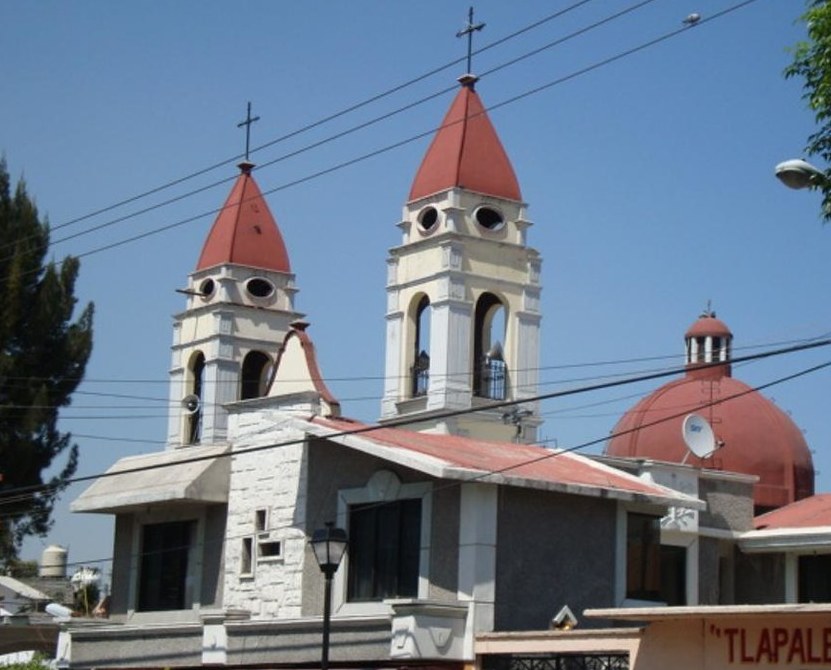
El Barrio San Ignacio fue un zona de cultivo chinampera que perteneció al antiguo pueblo de Atlalilco hasta mediados del siglo XIX, al igual que el vecino barrio de Santa Bárbara, situado al oeste. Casi de forma única, ha preservado su antiguo nombre de Ticomán, aunque aún a veces se sigue escribiendo como Ticomac.
Al igual que las comunidades vecinas, más tarde se incorporó a la ciudad de Iztapalapa de Cuitláhuac de la era colonial, formando parte de los ocho barrios que hoy conforman el Centro Histórico de Iztapalapa. Todos ellos participan activamente en las mundialmente conocidas celebraciones de la Semana Santa de Iztapalapa, que incluyen excepcionales y multitudinarias procesiones y representaciones de la Pasión.
Varias de estas pequeñas comunidades agrícolas no cuentan con iglesias parroquiales de pleno derecho, sino con capillas. En el extremo sur del barrio se encuentra la Capilla de San Ignacio de Loyola, cuya edificación data de 1940, probablemente en el lugar donde se encontraba una antigua capilla abierta. La construcción de su cúpula se completó en la década de 1990.
El Barrio San Ignacio, a unos 5 minutos a pie de la de la Macroplaza Cuitláhuac, alberga algunas de las calles más antiguas y densamente pobladas de la ciudad. Sus quebrados pasajes y sinuosas vialidades delatan la antigua geografía serpenteante de canales y senderos propia de la zona.
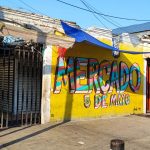
Cercano a 0.31 kms.
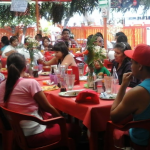
Cercano a 0.33 kms.
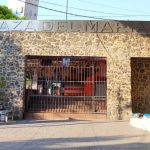
Cercano a 0.35 kms.

The legendary lunch market in the Center of Iztapalapa . . .
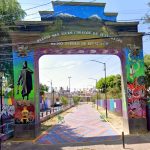
One of Central Iztapalapa's eight original neighborhoods . . .

One of the great traditional markets of the Iztapalapa historic center . . .
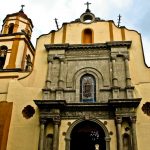
La parroquia más destacada del centro de Iztapalapa...

The heart of the party in the Iztapalapa historic center . . .